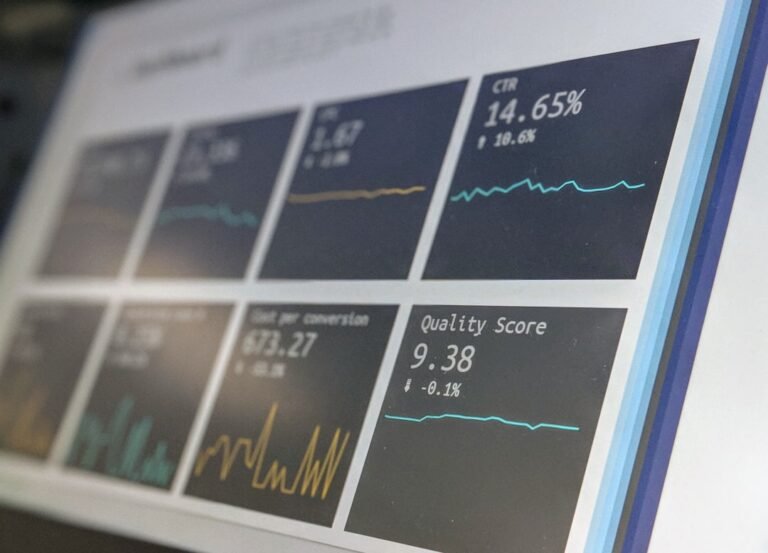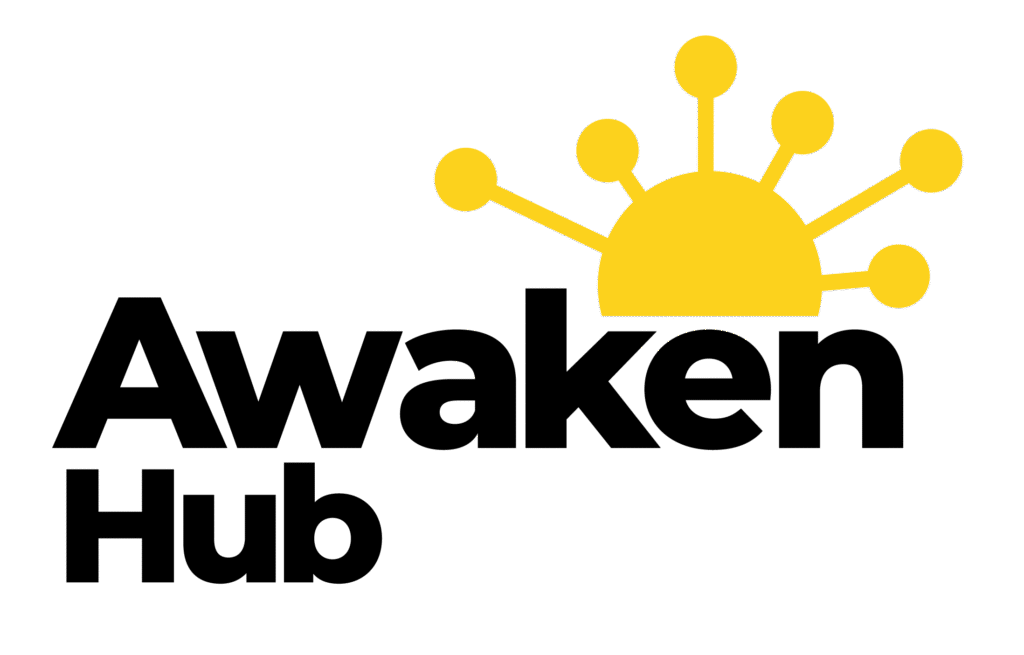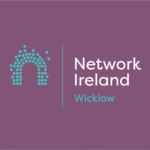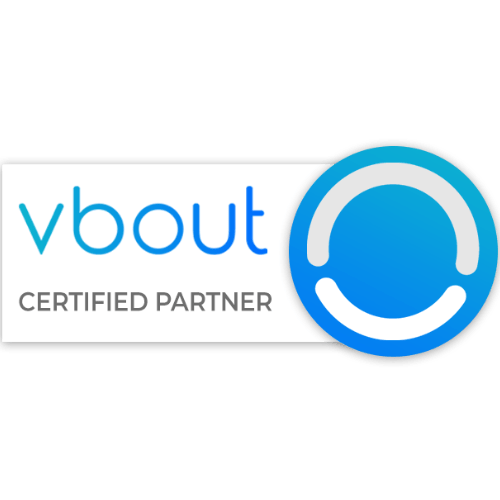Top SEO Tips for Optimizing Your Web Page
In the ever-evolving digital landscape of Ireland, Search Engine Optimisation (SEO) has emerged as a critical component for businesses aiming to enhance their online presence. As you navigate through the intricacies of the internet, understanding SEO becomes paramount. It is not merely about ranking higher on search engines; it is about connecting with your audience in a meaningful way.
In a country where the digital economy is flourishing, mastering SEO can set you apart from competitors and help you reach potential customers effectively. The Irish market is unique, characterised by a blend of traditional values and modern technological advancements. As more consumers turn to online platforms for their shopping and information needs, businesses must adapt to these changes.
SEO serves as a bridge between your offerings and the audience searching for them. By optimising your website and content, you can ensure that your business is visible to those who matter most, ultimately driving traffic and increasing conversions.
Summary
- SEO stands for search engine optimization and is the process of improving a website’s visibility on search engines.
- Keyword research is crucial for understanding what terms and phrases your target audience is searching for.
- On-page SEO optimization involves optimizing elements such as title tags, meta descriptions, and internal linking.
- Content creation and optimization involves creating high-quality, relevant content that is optimized for both users and search engines.
- Mobile-friendly and user-friendly design is important for providing a positive user experience and improving search engine rankings.
Keyword Research and Analysis
Understanding Local Dialects and Cultural Nuances
In Ireland, where local dialects and cultural nuances play a significant role in language, understanding these keywords can give you a competitive edge.
Uncovering Relevant Keywords
You might consider using tools like Google Keyword Planner or SEMrush to uncover relevant keywords that resonate with your target audience. Once you have compiled a list of potential keywords, it’s essential to analyse their search volume and competition level. For instance, if you run a small artisan bakery in Dublin, you may find that terms like “artisan bread Dublin” or “best pastries in Dublin” have a high search volume but also considerable competition.
Focusing on Long-Tail Keywords
By focusing on long-tail keywords, such as “gluten-free artisan bread Dublin,” you can target a more specific audience while facing less competition. This strategic approach not only enhances your visibility but also attracts customers who are genuinely interested in what you offer.
On-Page SEO Optimization

On-page SEO optimisation is crucial for ensuring that your website is structured in a way that search engines can easily understand. This involves optimising various elements on your site, including title tags, meta descriptions, headers, and image alt texts. For example, if you own a boutique hotel in Galway, your title tag could include keywords like “luxury boutique hotel Galway,” which helps search engines identify the relevance of your page to user queries.
Moreover, the content on your website should be engaging and informative while seamlessly incorporating your target keywords. This not only improves your chances of ranking higher but also enhances the user experience. A well-structured website with clear navigation will keep visitors engaged longer, reducing bounce rates and signalling to search engines that your site is valuable.
In Ireland’s competitive hospitality sector, this could mean the difference between a potential guest choosing your hotel over another.
Content Creation and Optimization
| Metrics | Data |
|---|---|
| Number of blog posts created | 25 |
| Website traffic from content | 5000 visitors |
| Conversion rate from content | 10% |
| Keyword ranking improvements | 20 positions |
Content is at the heart of any successful SEO strategy. In Ireland, where storytelling is deeply rooted in culture, creating compelling content can significantly impact your brand’s visibility and engagement levels. Whether you run an e-commerce store or a local service business, producing high-quality content that addresses the needs and interests of your audience is essential.
This could include blog posts, videos, infographics, or even podcasts that provide valuable insights related to your industry. Optimising your content involves more than just keyword placement; it requires a focus on readability and user engagement. For instance, if you operate a travel agency in Cork, writing informative articles about hidden gems in Ireland or travel tips can attract potential customers searching for travel advice.
Incorporating visuals and ensuring that your content is easily digestible will keep readers on your page longer, increasing the likelihood of conversion. Additionally, regularly updating your content can signal to search engines that your site is active and relevant.
Mobile-Friendly and User-Friendly Design
In today’s digital age, having a mobile-friendly website is no longer optional; it is essential. With an increasing number of users accessing websites via smartphones and tablets in Ireland, ensuring that your site is optimised for mobile devices can significantly enhance user experience. A responsive design adapts seamlessly to different screen sizes, making it easier for visitors to navigate your site regardless of the device they are using.
User-friendly design goes hand in hand with mobile optimisation. This means creating an intuitive layout that allows users to find information quickly and easily. For example, if you run a local restaurant in Limerick, having clear menus, easy-to-find contact information, and an online reservation system can improve customer satisfaction.
A well-designed website not only keeps visitors engaged but also encourages them to return, fostering brand loyalty in an increasingly competitive market.
Link Building and Off-Page SEO

Link building is a vital aspect of off-page SEO that can significantly influence your website’s authority and ranking on search engines. In Ireland, establishing relationships with other local businesses or influencers can lead to valuable backlinks that enhance your credibility. For instance, if you own a craft brewery in Belfast, collaborating with local food bloggers or participating in community events can generate buzz around your brand while earning links from reputable sites.
Additionally, engaging with social media platforms can amplify your link-building efforts. Sharing your content on platforms like Instagram or Facebook can drive traffic back to your website while increasing brand awareness. The more quality backlinks you acquire from relevant sources, the more likely search engines will view your site as trustworthy and authoritative.
This is particularly important in Ireland’s vibrant tourism sector, where recommendations from local sources can significantly impact consumer decisions.
Monitoring and Measuring SEO Performance
To ensure the effectiveness of your SEO strategy, monitoring and measuring performance is crucial. Tools like Google Analytics and Google Search Console provide valuable insights into how users interact with your site and which keywords are driving traffic. By regularly reviewing this data, you can identify areas for improvement and adjust your strategy accordingly.
For example, if you notice that certain blog posts are attracting significant traffic while others are underperforming, you may want to analyse what sets them apart. Perhaps the successful posts address trending topics or incorporate engaging visuals.
Conclusion and Next Steps
In conclusion, mastering SEO is an ongoing journey that requires dedication and adaptability. As you implement these strategies within the Irish business landscape, remember that the ultimate goal is to connect with your audience authentically. By focusing on keyword research, on-page optimisation, content creation, mobile-friendliness, link building, and performance monitoring, you can create a robust online presence that resonates with potential customers.
As you move forward, consider setting specific goals for your SEO efforts and regularly reviewing your progress. Engaging with local communities and staying informed about industry trends will further enhance your strategy’s effectiveness. Embrace the opportunities that SEO presents in Ireland’s vibrant market; with persistence and creativity, you can elevate your business to new heights in the digital realm.
If you are looking to improve your small business’s online presence, conducting a thorough on-page SEO analysis is crucial. This involves examining elements such as meta tags, keyword usage, and internal linking structure to ensure your website is optimised for search engines. For more information on how small businesses can benefit from SEO strategies, check out this insightful article on small business SEO. It provides valuable tips and advice on how to boost your website’s visibility and attract more potential customers.
FAQs
What is on-page SEO analysis?
On-page SEO analysis is the process of evaluating and optimizing individual web pages to improve their search engine rankings and attract more organic traffic. It involves assessing various on-page elements such as content, meta tags, headings, and internal linking to ensure they are optimized for relevant keywords and user experience.
Why is on-page SEO analysis important?
On-page SEO analysis is important because it helps search engines understand the content and context of a web page, which can lead to higher rankings in search results. By optimizing on-page elements, websites can improve their visibility, relevance, and user engagement, ultimately driving more organic traffic and potential conversions.
What are the key elements of on-page SEO analysis?
Key elements of on-page SEO analysis include keyword research and optimization, content quality and relevance, meta tags (title, description, and headers), URL structure, internal linking, image optimization, mobile-friendliness, page speed, and user experience. These elements play a crucial role in determining a web page’s search engine visibility and ranking potential.
How is on-page SEO analysis conducted?
On-page SEO analysis is conducted using a combination of manual review and automated tools. It involves evaluating the various on-page elements mentioned earlier to identify areas for improvement and optimization. This process may include keyword research, content audits, technical checks, and performance assessments to ensure that web pages are fully optimized for search engines and users.
What are the benefits of conducting on-page SEO analysis?
Conducting on-page SEO analysis offers several benefits, including improved search engine rankings, increased organic traffic, better user experience, higher engagement and conversion rates, and a competitive edge in the online marketplace. By optimizing on-page elements, websites can enhance their visibility, relevance, and overall performance in search results.












